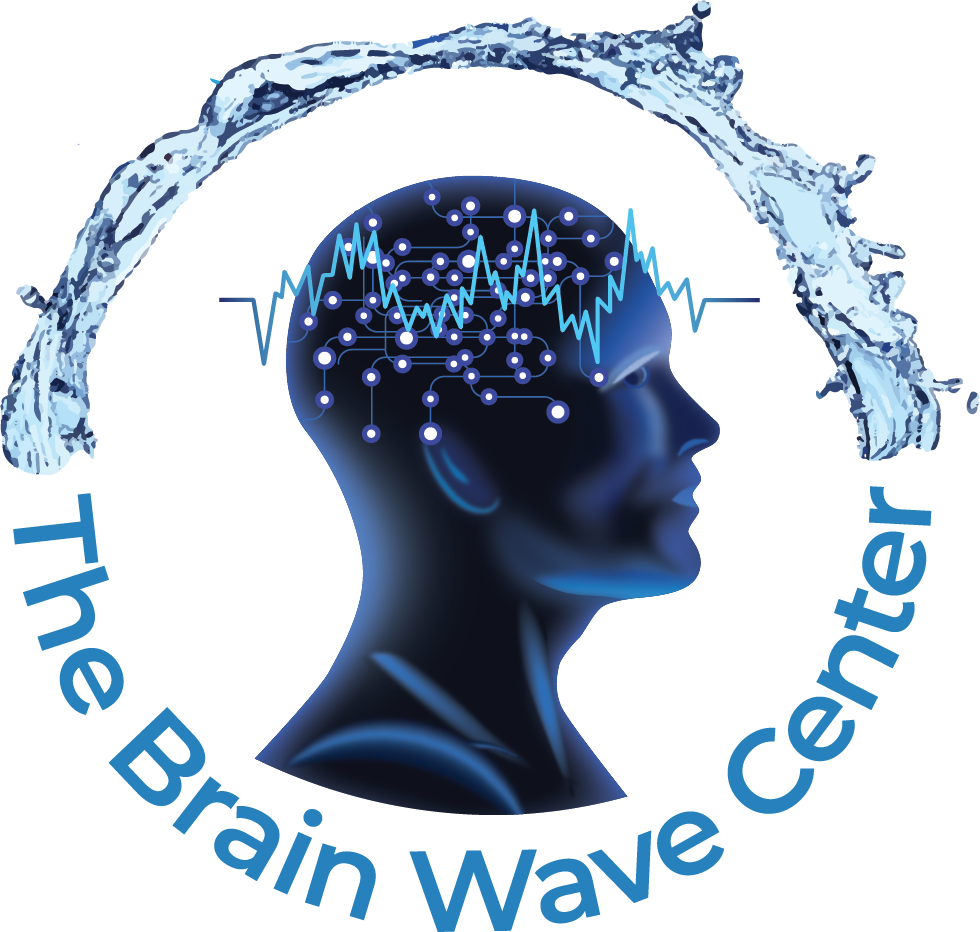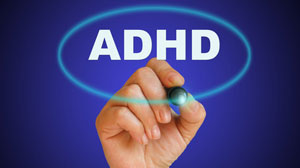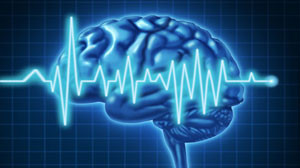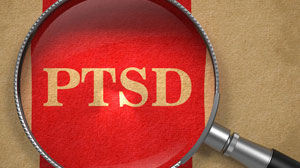Neurofeedback
Video: Understanding ADHD And Neurofeedback
ADD/ADHD is not a psychological or disciplinary problem – it’s a brain problem. Watch how to improve ADD with neurofeedback.
Read MoreNeurofeedback To Improve Athletic Performance
During the last decade the use of Neurofeedback techniques to achieve a better athletic performance has been a booming subject. More and more athletes use mental training each day as a means of achieving the ultimate competitive edge. One of the most well-known examples is the Italian football team that won the 2004 World Cup…
Read MoreNeurofeedback Help For Depression
Compelling research evidence exists that there is often a neurophysiological basis for depression, particularly in people with a family history of depression. Neuroscientists have discovered a particular brainwave pattern that allows us to identify individuals with a biological predisposition for developing depression. This biological marker appears to be very robust (Davidson, 1998a, b), having been…
Read MoreNeurofeedback Helps Cellist Improve
“Practice makes perfect,” the saying goes. Optimal performance, however, can require more than talent, effort, and repetition. Training the brain to reduce stress through neurofeedback can remove barriers and enhance one’s innate abilities. An article in the journal Biofeedback presents the narrative of a young cellist who was able to realize the potential of his…
Read MoreVideo Series: What Is Neurofeedback?
What exactly is Neurofeedback and see how it can help children with ADHD type symptoms.
Read MoreVideo: Improving Your Brain Function
Neurofeedback training allows the central nervous system to function better.
Read MoreBrain Training for Post-Traumatic Stress
Dr. Ron Swatzyna remembers Nov. 5, 2009, well. That day, Major Nidal Hassan opened fire at Fort Hood, killing 13 people and wounding dozens of others. But all Swatzyna could think about was what must have been going on inside Hassan’s mind “I think it finally finally set him into a secondary PTSD,” said Swatzyna,…
Read MoreVideo: Post-Traumatic Stress Disorder
Video: Post-Traumatic Stress Disorder
Read More







